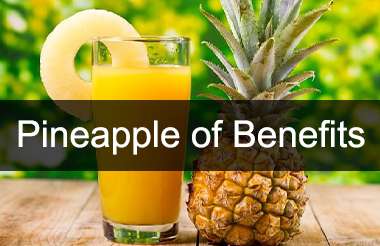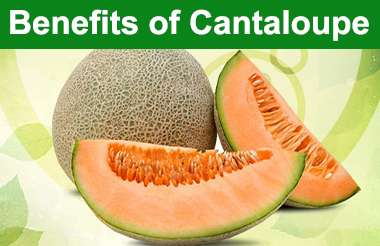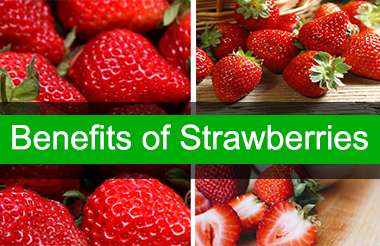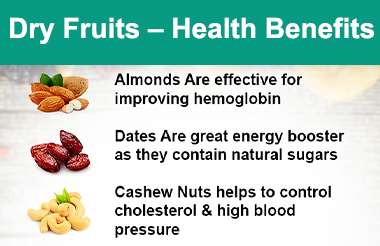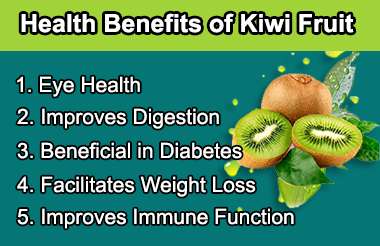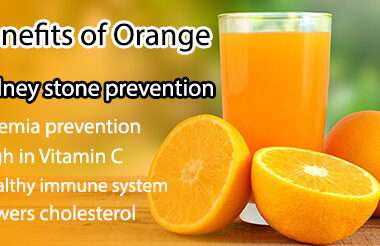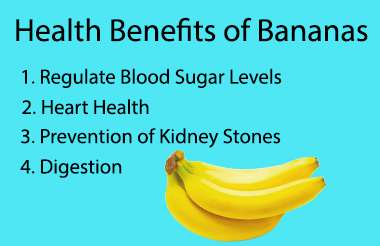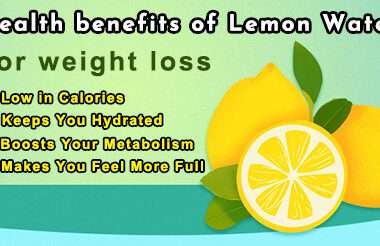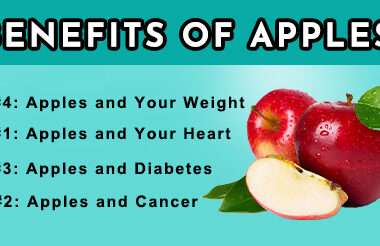Watermelon is a sweet and refreshing low calorie summer snack. It provides hydration and also essential nutrients, including vitamins, minerals, and antioxidants. Watermelon is around 90% water, which makes it useful for staying hydrated in the summer. It can also satisfy a sweet tooth with its natural sugars.
Watermelon also contains antioxidants. These substances can help remove molecules known as free radicals, or reactive species, from the body. The body produces free radicals during natural processes, such as metabolism. They can also develop through smoking, air pollution, stress, and other environmental pressures.
If too many free radicals stay in the body, oxidative stress can occur. This can result in cell damage and may lead to a range of diseases, such as cancer and heart disease.
The body can remove some free radicals naturally, but dietary antioxidants support this process.
Below are some of the ways antioxidants and other nutrients in watermelon may help protect a person’s health.
Asthma prevention
Some experts believe that free radicals contribute to the development of asthma. The presence of certain antioxidants in the lungs, including vitamin C, may reduce the risk of having asthma.
Studies have not confirmed that taking vitamin C supplements can help prevent asthma, but a diet that is rich in vitamin C may offer some protection.
Blood pressure
In a 2012 study, researchers found that watermelon extract reduced blood pressure in and around the ankles of middle-aged people with obesity and early hypertension. The authors suggested that L-citrulline and L-arginine — two of the antioxidants in watermelon — may improve the function of the arteries.
Cancer
The National Cancer Institute (NCI) note that free radicals can play a role in the development of some types of cancer. The oxidative stress they cause can result in DNA cell damage.
Dietary antioxidants in watermelon, such as vitamin C, may help prevent cancer by combatting free radicals.
Digestion and regularity
Watermelon has high water content and also provides some fiber. These nutrients help promote a healthy gut by preventing constipation and promoting regularity of bowel movements.
Hydration
Watermelon is around 90% water and also provides electrolytes, such as potassium. This makes it a healthful choice of snack during the hot summer months.
Brain and nervous system
Choline is another antioxidant that occurs in watermelon.
It contributes to the following functions and activities:
- muscle movement
- learning and memory
- maintaining the structure of cell membranes
- the transmission of nerve impulses
- early brain development

